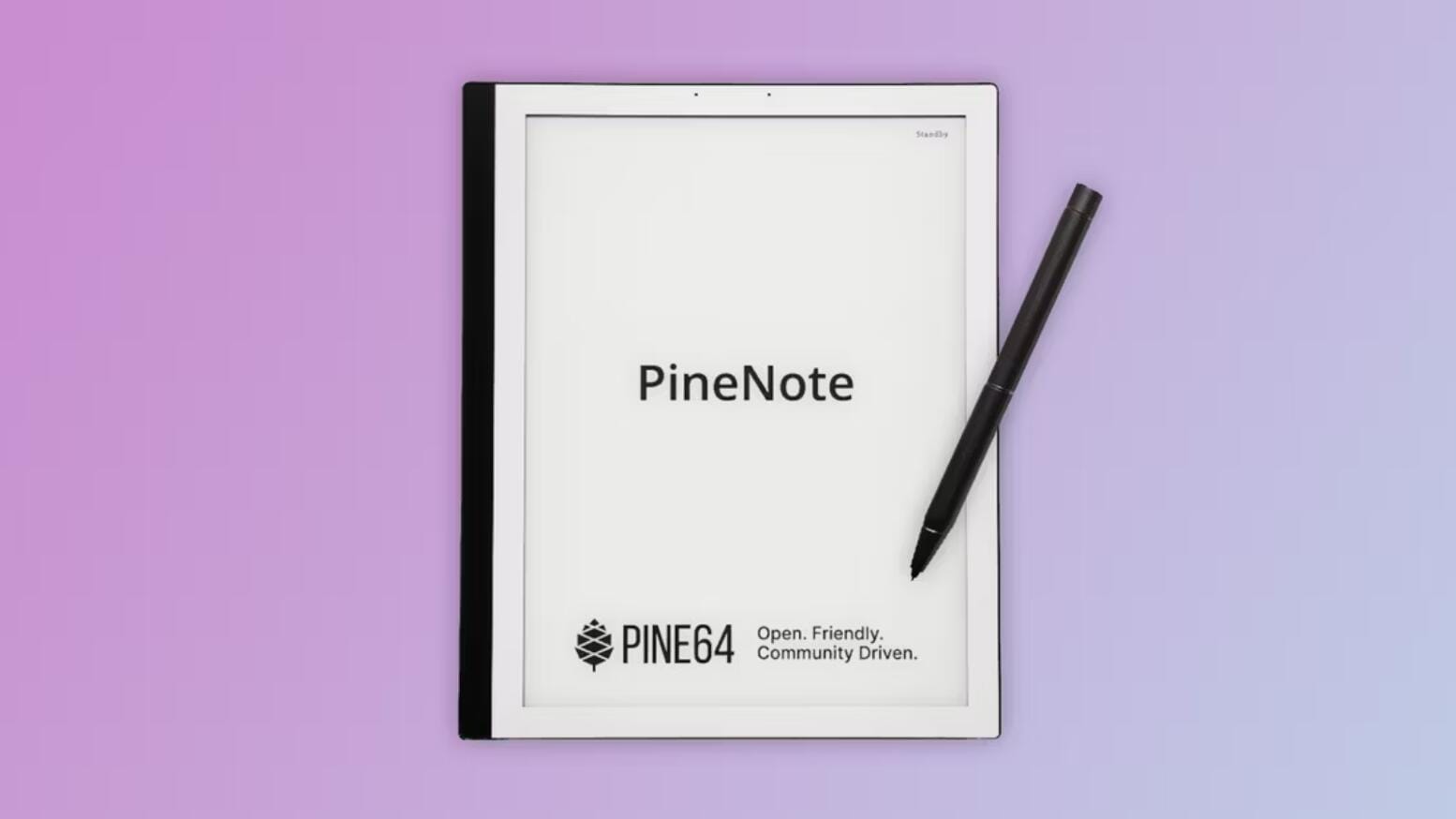
In a shocking move, Amazon has removed Sean ‘Diddy’ Combs’ memoir from its platform following a heated legal dispute between Combs and a former business associate. The book, which had been highly anticipated, was pulled after allegations surfaced regarding its content, with claims that certain portions were defamatory. As shared by the Seattle Times, “Porter and Combs’ children denounced the book — titled ‘Kim’s Lost Words: A journey for justice, from the other side…’ — as a complete fabrication after it became a bestseller on Amazon in September.”
Fans and critics of Combs have expressed frustration, as the memoir was expected to shed light on untold stories from his music career and personal life which has been in complete upheaval since an onslaught of sexual abuse accusations have surfaced. 
Book Removal Questionable
This incident highlights a growing issue with Amazon’s increasing power over what literature reaches readers. While the company cites its content guidelines as the basis for the removal, critics argue that Amazon’s practices are inconsistent, particularly when high-profile cases are involved. The memoir had already been pre-ordered by thousands, and its sudden disappearance has reignited conversations about who controls the narrative in today’s digital publishing world.
With physical copies also in jeopardy, readers and publishers alike are questioning the influence of tech giants in the world of literature. Although Amazon claims it remains dedicated to upholding free speech while maintaining standards, the line between protecting readers and censoring authors has become increasingly blurred. This situation, involving one of the biggest names in entertainment, could serve as a turning point in how books are published and distributed in the digital age.
Irony of Amazon
What’s particularly ironic is that Amazon, the same company pulling Combs’ memoir over alleged defamatory content, is notorious for allowing fake books and AI-generated works to flood its marketplace. For years, indie authors have struggled to gain visibility, as the platform’s algorithms often prioritize mass-produced, low-quality content over genuine, human-created literature.
Amazon, which prides itself on offering a platform for all voices, seems to be selective when it comes to enforcing its guidelines. The removal of Combs’ book under the guise of protecting its community stands in stark contrast to its willingness to host other problematic works. This raises an important question: is Amazon truly focused on maintaining integrity, or is it just exercising its enormous influence over the publishing industry in ways that suit its own agenda?
It’s ironic to think that Amazon, which has become a giant in self-publishing, still struggles with transparency and fairness. While they pull one book with legitimate content, thousands of fake or poorly written ones continue to clutter their marketplace, leaving both readers and authors at a disadvantage.
Amazon’s recent decision to pull Kim Porter’s Lost Words: A Journey for Justice, has sparked controversy. While the book was swiftly removed after her children denounced it as false, Amazon’s marketplace continues to host numerous fraudulent and AI-generated books where pirated authors can barely get responses from the Mega platform. The irony of this situation is blatant.
An avid book reader and proud library card holder, Angela is new to the world of e-Readers. She has a background in education, emergency response, fitness, loves to be in nature, traveling and exploring. With an honours science degree in anthropology, Angela also studied writing after graduation. She has contributed work to The London Free Press, The Gazette, The Londoner, Best Version Media, Lifeliner, and Citymedia.ca.
